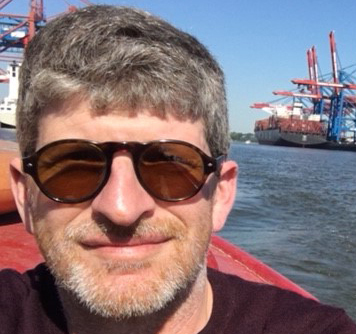One of the most closely watched developments in higher education has been playing out in New York over the past three years, as outgoing mayor Michael Bloomberg embarked on a fierce push to attract internationally renowned technology institutions to set up an applied sciences research hub in the Big Apple.
The project, which saw New York City offer $100 million and land as part of an international request for proposals, was meant to create a world-class tech hub in a city that didn’t have a leading engineering faculty, such as the one at MIT. The upshot is that two new campuses are currently under development – one, on Roosevelt Island, is a $2-billion joint venture between Cornell and the Technion-Israel Institute of Technology.
The other is the Center for Urban Science and Progress (CUSP), a multi-partner research facility based in a reconstructed government building in Brooklyn, with a mandate to probe the science of cities; U of T is one of six university partners, along with NYU, Carnegie Mellon and others.
CUSP will offer graduate-level programs in fields such as urban science and informatics, and will foster research into the use of big data – from transportation networks, buildings and energy sources – to improve both municipal infrastructure and social services.
“It’s a fantastic opportunity for us,” says University of Toronto President Meric Gertler, who has followed New York’s applied science project closely since it surfaced in 2011. The CUSP experiment, he adds, provides “an idea of things we could be doing with other institutions around the world.”
As president, he will likely be pondering whether the CUSP model could be applicable here. “People have said to me, ‘Why don’t we do something like CUSP in Toronto?’ One of the great side effects of the New York project is that it stimulates people’s thinking.”
Recent Posts
People Worry That AI Will Replace Workers. But It Could Make Some More Productive
These scholars say artificial intelligence could help reduce income inequality
A Sentinel for Global Health
AI is promising a better – and faster – way to monitor the world for emerging medical threats
The Age of Deception
AI is generating a disinformation arms race. The window to stop it may be closing





